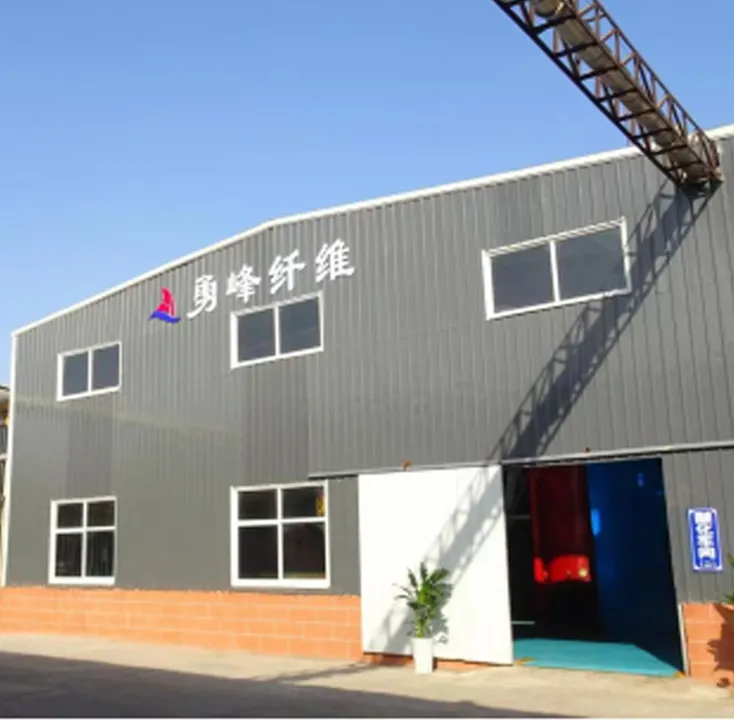Understanding HPMC A Versatile Chemical Compound
Hydroxypropyl Methylcellulose (HPMC) is a chemical compound that has gained significant traction across various industries due to its unique properties and multifunctionality. As a non-ionic cellulose ether, HPMC is synthesized from cellulose through a chemical process involving propylene oxide and methyl chloride. This article delves into the characteristics, applications, and benefits of HPMC in diverse fields.
Chemical Properties
HPMC is distinguished by its ability to form viscous solutions in water, making it an effective thickening agent. The degree of substitution, which refers to the number of hydroxyl groups replaced by methoxy and hydroxypropyl groups, influences its solubility and viscosity. HPMC is available in various grades, allowing it to cater to specific needs like viscosity control and gel formation. Additionally, HPMC exhibits excellent thermal stability and is resistant to organic solvents, making it suitable for a wide range of applications.
Applications
1. Pharmaceuticals In the pharmaceutical industry, HPMC is widely used as a binder, film former, and controlled-release agent in drug formulations. Its ability to create sustained-release matrices enhances the effectiveness of medications while reducing side effects by ensuring a more controlled release into the bloodstream. Moreover, it is commonly utilized in the manufacturing of tablets, capsules, and coatings.
2. Construction HPMC is an essential component in construction materials, particularly in cement-based products. It improves workability, water retention, and adhesion properties of mortars and plasters. The addition of HPMC allows for better consistency and strength in construction applications, making it easier for builders to apply materials with improved manipulation.
3. Food Industry In the food sector, HPMC serves as a food additive, providing texture and stability to various products. It is utilized in sauces, dressings, and bakery items for its thickening properties. HPMC also acts as an emulsifier and stabilizer, ensuring a uniform distribution of ingredients, thus enhancing the overall quality of food products.
4. Cosmetics The cosmetic industry capitalizes on HPMC's thickening, stabilizing, and film-forming properties. It is often found in skincare products, shampoos, and lotions, where it contributes to a smooth and pleasant texture. HPMC also helps maintain the moisture content of formulations, making it a desirable ingredient in hydrating products.
hpmc chemical

5. Personal Care Products Beyond cosmetics, HPMC is used in personal care items like toothpaste and other oral hygiene products. Its ability to provide viscosity and stability enhances product performance, contributing to a better user experience.
Benefits of HPMC
1. Biocompatibility One of the most significant advantages of HPMC is its biocompatibility. It is non-toxic and does not provoke reactions in the human body, making it safe for use in pharmaceuticals and food products.
2. Versatility HPMC’s adaptability to various formulations in different industries highlights its versatility. Manufacturers can tailor its properties to meet specific requirements, ensuring optimized performance in diverse applications.
3. Environmentally Friendly As a derivative of natural cellulose, HPMC is considered an environmentally friendly option. The production process is sustainable, and its usage in products supports a reduction in environmental impact compared to synthetic alternatives.
4. Functionality Improvement The inclusion of HPMC in formulations enhances functional attributes such as moisture retention, viscosity, and stability. This improvement caters to consumer demands for high-quality products, thereby amplifying marketability.
5. Cost-Effectiveness HPMC is cost-effective due to its multifunctional nature. By incorporating HPMC, manufacturers can reduce the number of additives needed, resulting in lower overall production costs.
Conclusion
Hydroxypropyl Methylcellulose (HPMC) is a remarkable chemical compound that plays a vital role in various industries, including pharmaceuticals, food, construction, and cosmetics. Its unique properties, adaptability, and safety make it a popular choice among manufacturers seeking quality and efficiency. As industries evolve and prioritize sustainability, HPMC is expected to remain a key ingredient in innovative product development, asserting its significance in the global market.
-
Rdp Powder: Key Considerations for Wholesalers in the Building Materials IndustryNewsJul.08,2025
-
Key Considerations for Wholesalers: Navigating the World of Hpmc - Based ProductsNewsJul.08,2025
-
Hpmc Detergent: Key Considerations for WholesalersNewsJul.08,2025
-
Key Considerations for Wholesalers: China Hpmc For Tile Adhesive, Coating Additives, Concrete Additives, and MoreNewsJul.08,2025
-
Crucial Considerations for Wholesalers: Navigating the World of Construction MaterialsNewsJul.08,2025
-
Key Considerations for Wholesalers Sourcing Additive For Cement, Additive For Concrete, Additive For Putty from Additive Manufacturer Shijiazhuang Gaocheng District Yongfeng Cellulose Co., Ltd.NewsJul.08,2025




